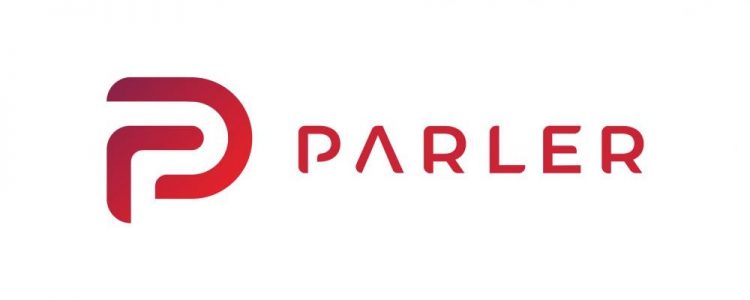Over the past decade, social media platforms like Facebook and Twitter have become something of a political minefield. It’s never been easier for users to share their opinions with friends, family and even strangers – creating a great deal of tension during the recent U.S. election cycle in particular.
Enter Parler, a relatively new social media site. French for “to speak” and based in Henderson, Nevada, Parler has a rising active user base of roughly 4 million people. It’s attracted a mostly conservative following since it was founded in 2018.
What does Parler look like? This article will offer an objective take on what has arguably turned into social media’s most controversial new platform.
Many users have left Twitter and Facebook for Parler.
In an effort to prevent the spread of false or non-factually-based information, Facebook and Twitter have been adding warning labels to claims that the 2020 United States election was stolen from Donald Trump.
As a result, many conservative commentators have expressed that these sites are biased – and that the alleged fact-checking is being done with a liberal agenda. This has led to waves of users deactivating their Facebook and Twitter accounts, and joining Parler.
Parler actually looks quite a bit like an amalgamation of existing social sites. Create an account, and you’ll be directed to an extensive list of potential users and hashtags to follow. Users can post up to 1,000 characters, much like Twitter, and “echo” (the equivalent of retweeting or sharing) others’ content.
Now one of the top apps in the News category of the Apple App Store, Parler has welcomed users who eschew competing sites that investigate people’s political claims. This brings us to our next point.
Parler markets itself as a “free speech” platform.
With the motto Principles put into action, our way, Parler touts itself as a platform different from any other – one that operates without bias.
According to the site’s company policy, “Parler is the solution to problems that have surfaced in recent years due to changes in Big Tech policy influenced by various special-interest groups.” The site, its founders explain, exists on a “foundation of respect” for:
- Privacy and personal data
- Free speech and free markers
- Ethical and transparent corporate policy
Though its internal processes aren’t entirely clear, the site states that with the exception of spam and obvious criminal activity, it will not fact-check or moderate content. Unlike Facebook and Twitter, users can easily post unverified claims or opinions without the content being flagged.
This has culminated in a spike in conservative support on Parler, especially in the days after Joe Biden was announced the winner of the U.S. presidential election. In this way, the site is a blogging platform rather than a news source, emphasizing the value of free speech over fact.
Parler is polarizing – but it doesn’t promote hate speech.
There’s no defending hate speech, but it’s important to note the difference between allowing free speech and encouraging hate.
No doubt it’s easy, on Parler, to find radical conservatism in just a few clicks. From Holocaust denialism to QAnon, the platform isn’t entirely free from hate speech. And while this isn’t inherently good, it does align with the site’s marked focus on freedom of expression.
Ultimately, it’s worth noting that only a fraction of Parler users post content others would likely deem offensive. Though controversial, the site’s focus is on free speech rather than hate speech. The idea is to avoid censorship altogether, which has become quite polarizing in itself. Though there are exceptions, some might argue that most users are simply trying to find their voice.
Do you have insights, questions or comments on the rise of free speech platform Parler? Please contact me for more information – or subscribe to stay up-to-date on all things Unsocial Media.
